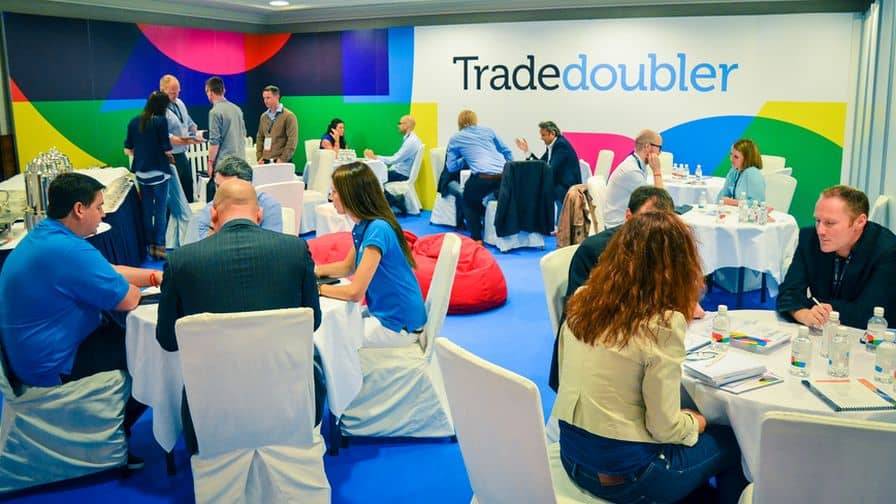Embattled performance marketing network Tradedoubler has revealed the latest in a string of dwindling quarterly results.
Net sales decreased by 21% year-on-year from SEK 490 million to SEK 411 million for the quarter that ran between April and June, whereas gross profits fell to SEK 91 million from SEK 114 million, a 25% decline.
The company’s performance marketing activities dropped 14% year on year for Q2 from SEK 463 million to SEK 399 million. When changes in exchange rates are factored in, this signals a 19% decrease.
Revenue fall factors
Tradedoubler’s bottom line was most affected by lower revenues from two of its pan-European clients, a poor-performing French market, reductions in non-core business and declines in markets where offices were recently closed.
Cash flow slumped dramatically over the 12-month stint that Tradedoubler shared results for, decreasing from SEK 17 million for Q2 2013 to SEK -43 million in Q2 2014 and for the six months until June there was a decline of SEK 141 million year on year.
While total costs excluding depreciation and change-related cost dropped by 11% for the second quarter of 2014, total cost excluding just depreciation recorded a 2% increase for the same period.
Employee restructure
Most of this decline in costs was attributed to the restructuring programme announced at the end of 2013 by Tradedoubler, which saw staff levels decrease from 449 globally at the end of 2013 to 378 at the end of Q2.
Part of those employee changes also involved the network parting ways with former CEO Rob Wilson and chief strategy officer Andrew Buckman, which chief financial officer Tomas Ljunglöf touched on in his presentation to analysts.
Despite having already undertaken a fairly substantial company-wide revamp, Tradedoubler’s acting CEO Matthias Stadelmeyer says there is more to come if the company is to reach his targets.
“The restructure launched at the end of last year is progressing according to plan and is still expected to reduce costs by SEK 55 M on an annual basis, with full impact from the second half of 2014.”

